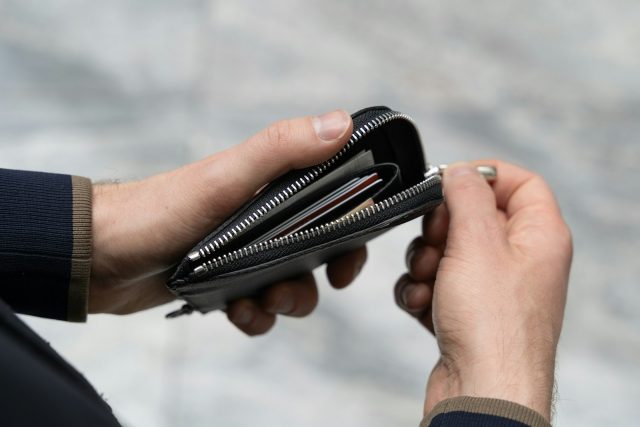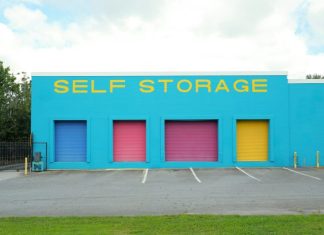
Keeping a budget used to be enough. But with rising prices, surprise fees, and tricky financial products, staying ahead now demands more. People are trying harder to make each paycheck stretch. Yet, without smart tools and reliable help, it’s easy to feel outmatched.
Many are turning to services that promise to support smarter spending. Among the common questions that arise when exploring such resources is, “Is WorkMoney legit?” This is fair, especially when so many new platforms appear overnight. Undeniably, they can be a great help in protecting your wallet. In this article, we’ll discuss why it’s high time for you to turn to these services and protect your wallet. Read on!
Financial Pressure Is Increasing
Everything from groceries to rent is climbing in cost. Many households feel squeezed between necessities and unexpected charges. Even minor money missteps can spiral into long-term strain.
This makes protecting every dollar more urgent than ever. Scams are more creative. Hidden fees are harder to spot. Fine print gets buried. Without a clear path or trustworthy support, financial stress can take over. And that’s why seeking help isn’t a luxury; it’s a necessity.
Spotting Hidden Drains on Your Money
One of the biggest threats to financial health is what slips through the cracks. Subscriptions you forgot about. Insurance rates quietly rise. Bank accounts with sneaky fees. These slow leaks add up. Staying informed is the first step. People need to know where their money is going and where it doesn’t need to go. That means reviewing statements, questioning charges, and shopping around for better deals.
Tools and services that point out these savings opportunities can save hundreds over time. A quick check shows that it doesn’t push products or charge for access. Instead, it offers resources like bill negotiation tips, budgeting tools, and curated deals, aiming to help people hold onto more of their money.
Why Free Doesn’t Always Mean Risky
It’s natural to question free services. Many carry hidden catches or upsells. But not every no-cost tool is a trap. Some are designed to serve, not to sell. Nonprofits focused on savings offer an alternative. These groups don’t profit from debt or spending.
Their value lies in the number of people helped, not the number of products pushed. This approach matters. It shifts the focus from promoting to empowering. When a tool shares ways to save instead of ways to spend, it deserves a closer look.
Protecting Yourself from Poor Advice
Everyone seems to have a financial tip these days. From social media influencers to spammy ads, the advice flows freely. But not all of it is good or safe. Some push high-risk investment schemes. Others suggest tactics that hurt more than help. Spotting the difference takes time and experience that most don’t have.
This makes trusted sources essential. Platforms built around honest savings, transparency, and useful content provide a safer foundation. They don’t need to predict the market. They just need to help people spend less where possible.
The Value of Asking Questions
Curiosity protects wallets. Asking, “What’s the catch?” can stop a bad decision before it starts. The same goes for checking reviews, reading terms, and comparing options. Being cautious isn’t cynical; it’s smart. Especially with money. And especially now.
The good news is that more people are asking questions. They’re reading the fine print. They’re checking whether services are nonprofit or ad-driven. And they’re making better choices because of it.
Financial protection isn’t just about cutting costs. It’s about making better choices supported by the right tools. With rising living expenses and a wave of questionable financial platforms, people need help they can trust. That’s why they often ask questions like, Is WorkMoney legit? This question points to a growing awareness: people want to know if the services they use are safe, transparent, and genuinely helpful. Getting serious about protecting your wallet means questioning more, spending smarter, and leaning on reliable resources. The more informed the choices, the stronger the financial future.










